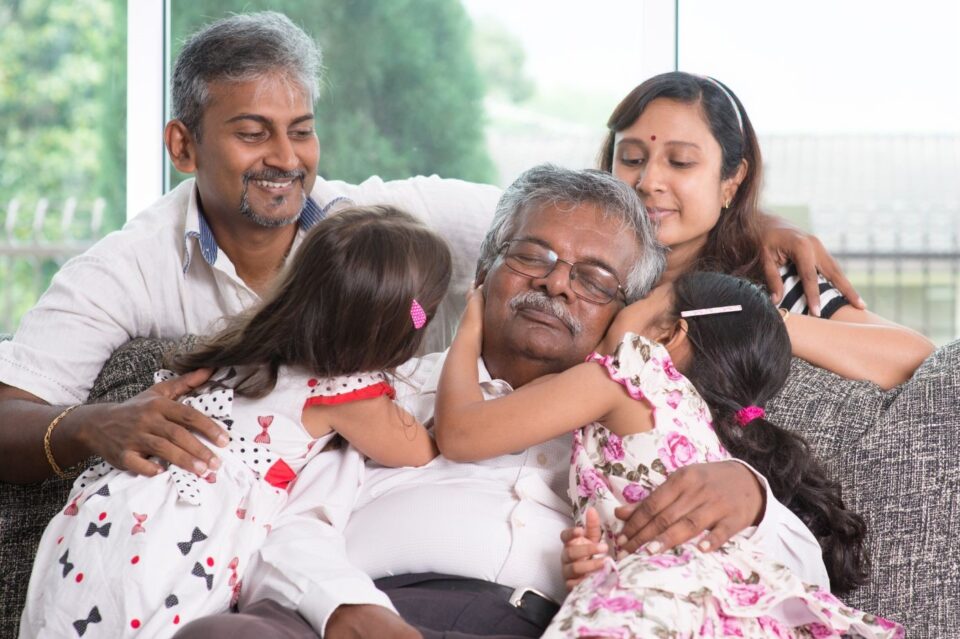BY MANVI PANT
A frantic phone call at 4 A.M. informed Rajiv of his father’s passing. “We spoke yesterday. He was alright,” the thought lingered for an hour as he processed his demise sitting 3,000 miles away in a tiny suburb of New Jersey. While Rajiv moved to the U.S. a decade ago, his parents chose to stay back in India and live in their ancestral home in Jaipur. After his wife’s passing, Rajiv’s father lived alone, carrying years of memories and quiet acceptance of solitude. The last time they saw their son in person was five years ago. After that, it was always “next summer”, “next fall”…
I wasn’t there when it mattered – a sentiment of remorse now grapples Rajiv as he packs his bag to pay final respects to his late father.
Rajiv’s story is not uncommon. It is the reality of thousands of Non-Resident Indians (NRIs) who once migrated to a foreign soil to live the ever-enchanting “American Dream”, but now struggle with a question few speak of aloud: What is the emotional cost of leaving home behind? Or, if there is a cost at all?
The Great Indian Migration
Once upon a time, long before Atmanirbhar Bharat & Make in India, a majority of urban middle-class Indian parents saw value in sending their children to another country for higher education. For them, it symbolized progress and social validation. It was proof that their decades of sacrifice—cutting corners, saving for coaching classes, pushing for English-medium schools—had paid off. A son at Stanford or a daughter settled in New York was not just a family achievement; it was a generational leap. This narrative has changed over the years, citing social, economic, and political developments of the two countries, but it’s worth understanding –
For those children who couldn’t make it, there was guilt and constant comparison. Was this guilt ever justified? Was it fair to tie parental worth to a child’s migration? Was our society instrumental in pushing this narrative?
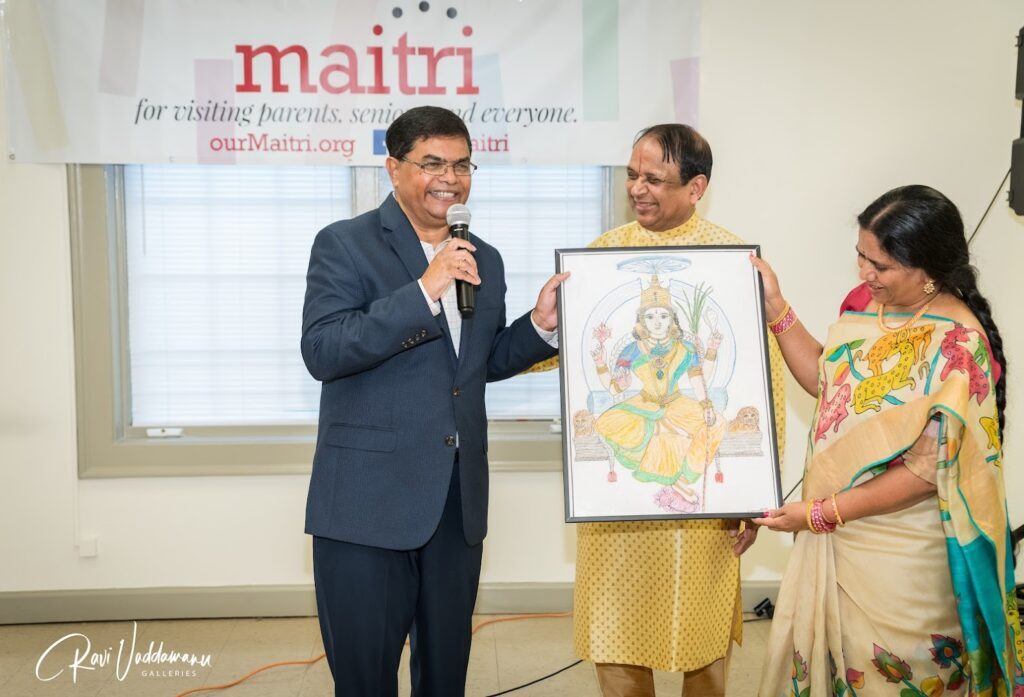
Atlanta-based Viju Chiluveru says, “The guilt is stronger in the minds of the parents than children since many social conversations among parents revolve around children living in advanced countries. Yet, when both parents and children hear about the struggles faced by those who have moved to the US — joblessness, a lack of genuine emotional support, and other hardships — they experience a sense of relief. India is thriving; times have changed, so when those children who couldn’t make it to the US find good jobs here in India, that initial guilt fades quickly.”
The IT entrepreneur also emphasizes that the element of ‘parent worth’ is quite subjective. “For some it is peer pressure, which is quite natural when the neighboring parents boast of their kids settling in countries like the US, Australia.” Chiluveru, who founded Maitri, an organization for Visiting Parents and Seniors in 2008, considers the role of Indian society instrumental in promoting this narrative.
Duty vs Distance
The traditional Indian family system revolved around proximity. The joint family and multi-generational households ensured a solid foundation, in-built care, emotional presence, and cultural connectivity. The modern world, with its nuclear setup, doesn’t operate within the same parameters. In this, individual growth is considered paramount. And so, the perspective that ‘physical proximity is the only way to show love’ has changed. Children who’ve settled abroad also consider monthly remittances, frequent video calls, and emergency support a form of closeness.
“I send money every month – isn’t that enough?” is a common thought. But underneath this sentiment lies a fundamental question: Can financial care or setting up an emergency fund ever fully replace emotional presence?
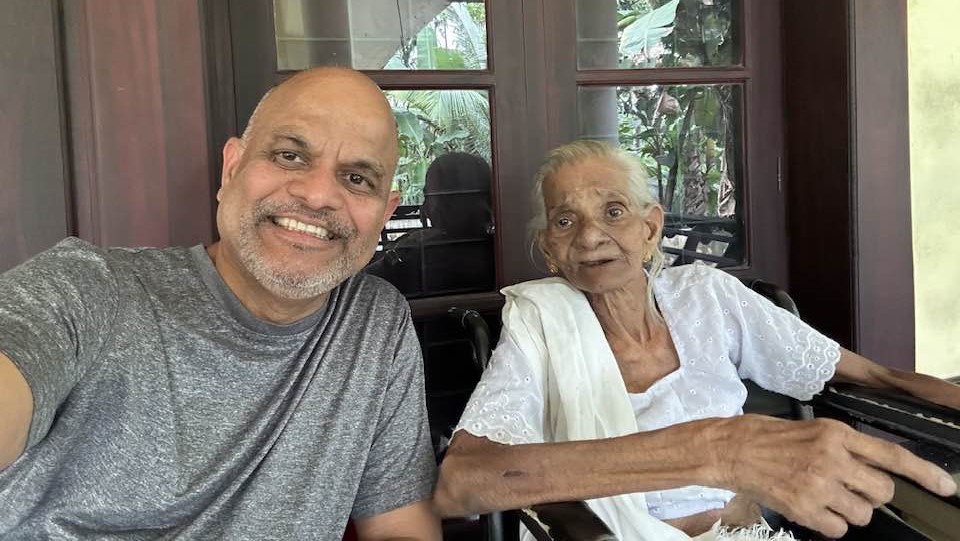
Mohanan Nair, a resident of Atlanta, feels that as parents age emotional support becomes increasingly critical. “In those moments, financial care alone may not be enough.” According to Nair, “Parents who have invested heavily in their children’s education, sometimes through debt or personal sacrifice, hope that their child will become their pillar of support, especially in old age. And so, fulfilling that financial responsibility is not only practical but also a matter of moral integrity. However, with declining health, arranging a nurse, an assistant, or even a luxurious senior care home may offer physical support, but it cannot replace the warmth of a familiar touch, the reassurance of presence, or the sense of belonging that only a child can provide.”
Raj Razdan, who has been working with seniors as the Founder and Executive Director of Senior Citizens Inc. also shares a similar view. “Financial support can address physical needs, enhance comfort, and alleviate life’s burdens, but emotional love fulfills entirely different human needs — belonging, connection, understanding, and unconditional care. A parent might appreciate a child’s financial help, but without warmth, respect, and genuine affection, the relationship can feel hollow or transactional.”
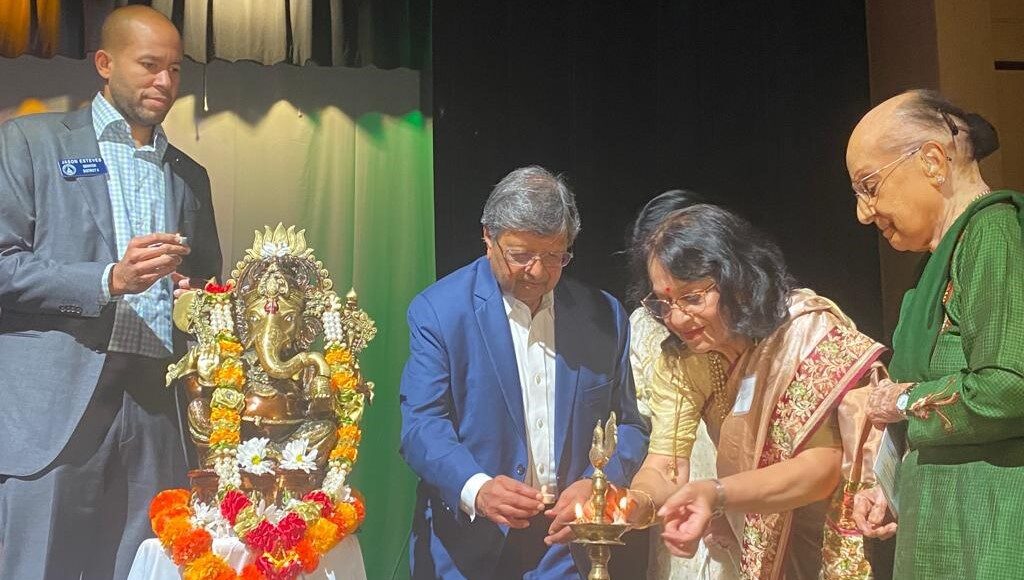
Razdan got married to Subash Razdan and moved to the U.S. The couple pursued higher academic studies with their respective parents back in India. “Suddenly, there was this overwhelming emotional disconnect between us and our elder parents living thousands of miles back in the home country. And even when they joined us here in the US, the relentless demands of our careers—meetings, deadlines, and responsibilities—left little room for reflection. Missed calls and postponed visits quietly build distance, yet the longing for bond remained strong.”
The Sting of Being Judged
There can be several angles to a story or interpretations to a conversation. One of which is – Are NRIs actually abandoning their parents? Or are we, as a society, putting them under a microscope and interpreting absence as neglect? Many NRIs live thousands of miles away but remain committed to parental care back home in India through medical support, arranging emergency help, daily calls or video chats, and visiting when possible. Yet they fail to conform to traditional social expectations and are often called out for falling short. Are we being fair in judging them?
Nair says, “Absence isn’t always neglect. Sometimes conscious though, because many times people create distance to protect their emotional well-being — especially when their presence isn’t being valued or met with the same care. In such cases, stepping back can be an act of self-preservation, not abandonment. But when love and respect are present and someone still chooses not to show up — emotionally or physically — out of apathy or indifference, that’s when absence turns into absolute neglect.”
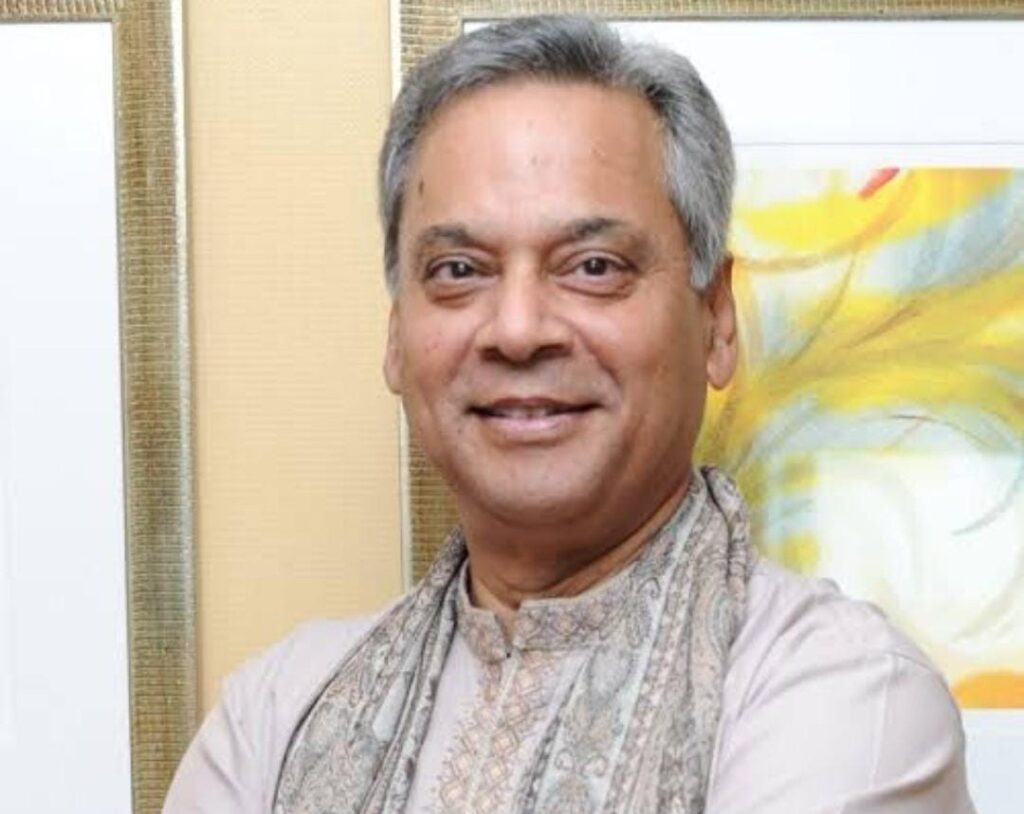
Indian-American Economist & Social Entrepreneur, Dhananjay Kumar, feels a clearer perspective emerges when we look at things not only through a microscope, but also through a telescope. “Many parents of NRIs either live permanently with their children abroad or visit them occasionally. Likewise, NRI children also travel back to spend time with their parents. Yet, there are many situations where parents and children reunite only after long intervals. This doesn’t translate to neglect. At times, this reflects helplessness or certain limitations being magnified. In other cases, parents may be unable to travel due to health concerns, or they may find life monotonous when living with their busy, working children abroad.”
The Parents’ Perspective
While many elderly parents don’t blame their children either, because they have internalized their sacrifice, or because they view their children’s success as a source of pride for the whole community, a few of them fall into a state of chronic loneliness. Gripped by moribund city life, the longing to have their loved ones back never ends. It is no secret that mental health issues, especially depression, are rising among the elderly in urban India. A significant reason for this is that kids are living abroad.
Although there is no specific study centering on the above, a BKPAI survey provides the closest glimpse into it. It found that elderly parents with migrant children are about 5% more likely to be depressed (17% compared to 12%) than those whose children live with them (PMCID: PMC11562090).
When Guilt Becomes Grief
It’s only a matter of time. Life takes over, priorities shift, and that emotional reckoning often comes at a point when it’s too late. As unfortunate as it may sound, many children don’t even return for their parents’ funerals and miss the most important goodbye. It’s hard to say if they live with a lifetime of guilt — that’s deeply personal.
The more pertinent aspect to examine here is whether enough is being done to redefine care across borders. Can love be expressed across time zones? Can presence be reimagined?
Let us know your thoughts…



